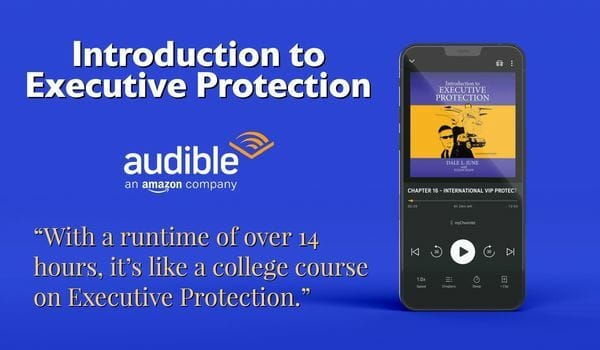Like anything in life, you get what you pay for. This is equally as true for clients hiring protective services as it is the money we invest in our own career development.
While there is a clear link between the value we deliver on the job and the amount we invest in training this is not the only factor we have to consider.
There are more points of entry into the security industry than has ever existed but how do we decide where to spend those precious training credits? what should the protector of tomorrow be learning and which training provider should we invest in?
Tough questions but we aim to make the process a little more straightforward by sharing quality advice from experienced professionals across the industry.
Let's get into it!
The Circuit Magazine Podcast
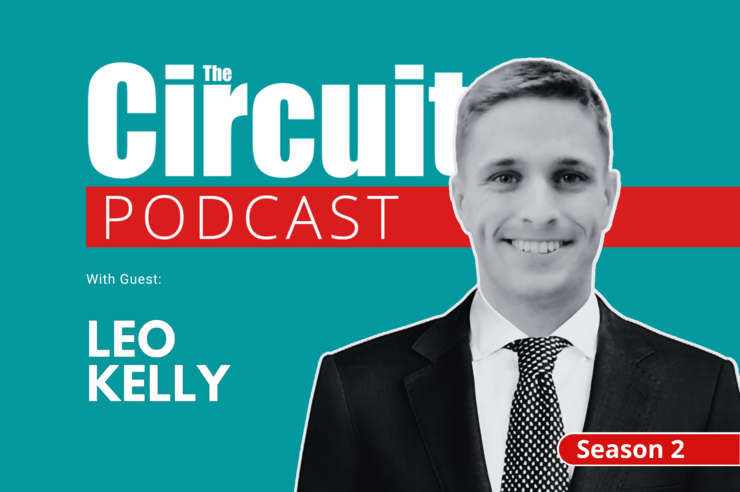
What are the challenges facing young professionals in corporate security right now?
That's the question we're putting to this weeks guest and young professional, Leo Kelly.
Like the rest of us, the current generation of young professionals are trying to establish themselves in a competitive industry and just want the opportunity to shine and show what they can do.
But are you ready to entrust the inner workings of your security operation to Gen Z or a Millennial? And, rather than micromanage or utilise as a kind of work experience candidate, are the current crop of security managers ready to give responsibility and handover accountability of their projects to enthusiastic, yet inexperienced young professionals?
If you enjoy listening to the Circuit Podcast and can spare a minute, please rate/review us. Your rating will help us to rank higher making it easier for others to find the podcast.
The Need to Know

Migrant workers in Qatar acting as guards at Al-Bidda Park appear to get one day off a month and are housed in dirty camps on the edge of the desert

Local Afghan media reported earlier today that Mahmood Karzai, brother of former Afghan President Hamid Karzai, was arrested at Kabul International Airport after trying to depart for the United Arab Emirates, specifically Dubai.

Mohammed bin Salman now has immunity against a lawsuit due to his new role as prime minister.

The US government has reportedly ordered a probe after Western components were found in downed Iranian drones in Ukraine.

Putin ally Yevgeny Prigozhin says a defector to Ukraine died "a dog's death for a dog".
For more timely global updates like this, get the Circuit Daily Briefing delivered to your inbox... daily! Get on the list >
From the Pages of the Circuit Magazine
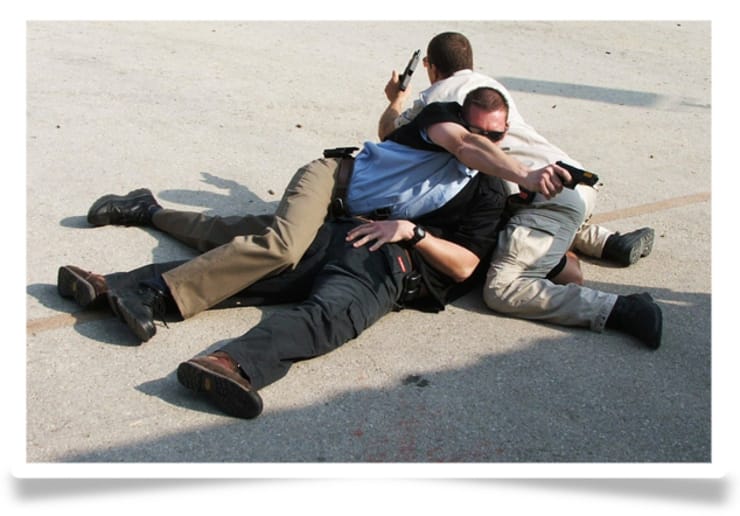
One of the questions I am always asked from people entering the Close Protection sector is which training provider should I use?
Before embarking on any course it is always advisable to carry out your own due diligence, it is amazing how many people don’t do this and end up getting caught out.
But what questions should you be asking?
In this article, Shaun West offers advice to help you make informed decisions when embarking on a new career path in protective services. As Shaun says "The protection sector is a fantastic place in which to operate, you will make good friends and have some fantastic experiences but it is essential that you make good decisions from the outset and that starts with the training provider that you choose.
If you enjoyed this article and want more great content from across the industry then subscribe to the Circuit Magazine >
Latest Issue of the Circuit Magazine
In the latest edition of the Circuit Magazine, we hear how the fear of Artificial Intelligence Impersonating Humans is no longer science fiction. From election rigging to affecting the course of war, it's a real threat being played out on the world stage right now.
"The magazine is wrote by professionals from the security and personal protection industry. You learn as you read!"
- Bob Martin
Geopolitical Analysis by RANE
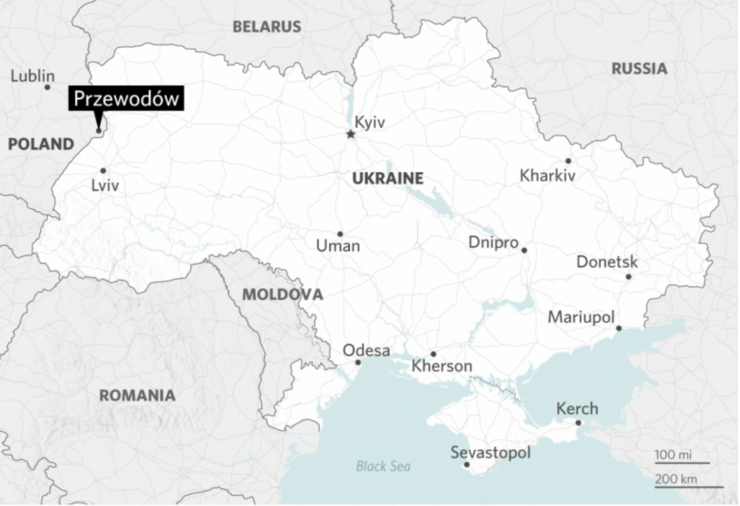
After missile-linked explosions killed two people in Poland's town of Przewodow near Ukraine, Poland will likely trigger NATO's Article IV to start formal consultations among member states at the request of a member that feels threatened by another country or a terrorist organization.
How the situation plays out will largely be dictated by critical details of what occurred, which will likely only be verified over the course of many hours or days. Key questions include the following:
Was what struck Przewodow the result of a shootdown or a direct strike? If the explosion was caused by a damaged Russian missile (or wreckage from one) after Ukrainian or NATO forces shot it down, a disagreement could ensue between Ukraine and Poland should Polish authorities allege that the Ukrainians shot down a missile over their airspace without Warsaw's authorization. Despite this potential disagreement, the situation would be unlikely to escalate further. And if Ukraine shot down the missile over its own airspace and the wreckage merely fell on Poland, this would de-escalate the situation even more.
What does NATO assess to be Moscow's intention regarding the violation of Polish airspace? NATO assessments of whether or not Russia intended for a missile to fly dangerously close to the Polish border, let alone cross it, will figure into the alliance's response. If NATO determines that the selection of the flight path crossing the Polish border was intentional, this would significantly escalate the scenario, as it would suggest that Russia is willing to violate NATO airspace to pursue its war with Ukraine. Moscow intentionally crossing NATO airspace with the missile would significantly raise the prospect of the alliance triggering Article V.
How does Moscow explain what happened? The way Moscow reacts publicly may provide some hints regarding its intentions, cognizant that Moscow's public reaction will not provide a full picture of its calculations. The only notable reaction to the incident so far is from the Russian Defense Ministry, which called claims of "Russian" missiles in Przewodow "a deliberate provocation in order to escalate the situation," claiming that "no strikes were made against targets near the Ukrainian-Polish state border by Russian weapons".
From the Community
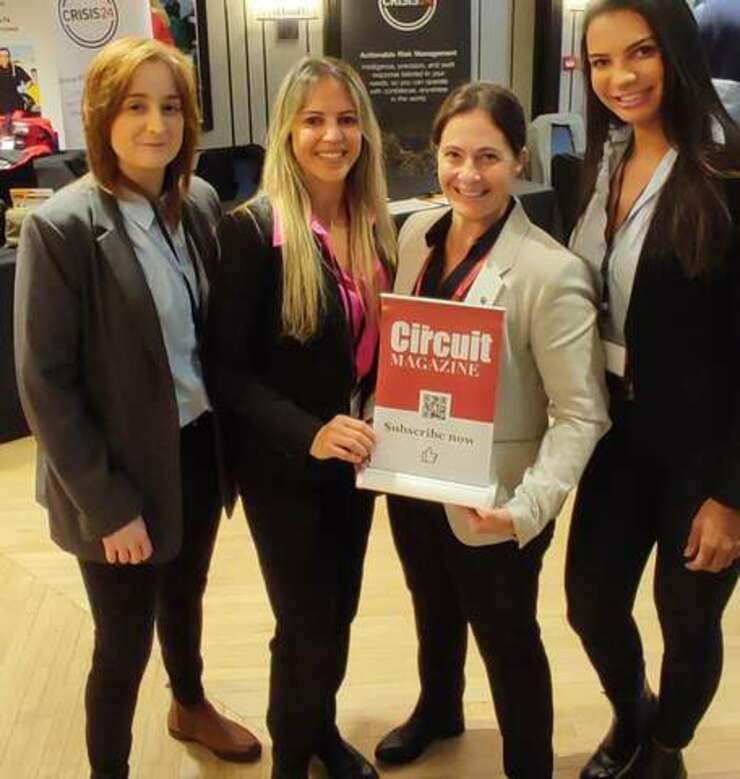
Monica Couto was flying the flag for the Circuit Magazine at the recent CP World event in London by introducing some new female protectors to the #1 industry publication for protectors!
#Ambassador!
Ask questions, get advice, and find industry resources from an active and thriving community of professional, working operators:
On the Circuit Merch
To any industry insider, being 'On the Circuit' means being operationally active in the world of international protection. To anyone else, it's just three words. Those who know, know!
Upcoming Events
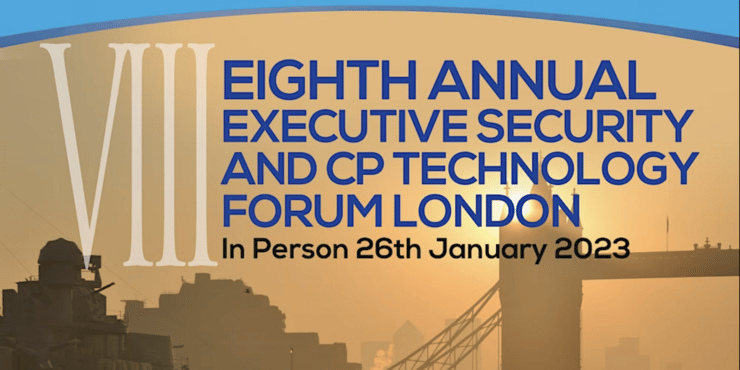
In association with the BBA, CTGI presents the Eighth Annual Executive Security and CP Technology Forum in London. One of the few ‘must-attend’ events on the protector’s calendar.
Meanwhile...

Businesses will face a historically broad and deep set of risks in 2023, posing interconnected and existential threats across geographies and sectors.
Control Risks CEO, Nick Allan warned: “2023 will see more geopolitical and economic volatility accompanied by operational challenges in energy and digital networks. The increasingly apparent effects of a changing climate will add additional stresses and strains. Resilience, insight, and courage will be the watchwords for business in the year ahead.”
The Top Risks for business in 2023 are:
Defiance, decoupling and deconfliction in the US China relationship
War, and all that goes with it
Managing while adapting – surviving the energy disruption
The end of global networks is coming
Economic headwinds bring regulatory turbulence

To ensure the safety and security of the principal, security drivers and secure transportation providers should understand that all vehicles have inherent characteristics that decrease the performance of the vehicle and create a dangerous scenario for the principal. One of those characteristics is the vehicle’s static stability factor (SSF).
But what is SSF and how do you measure it?
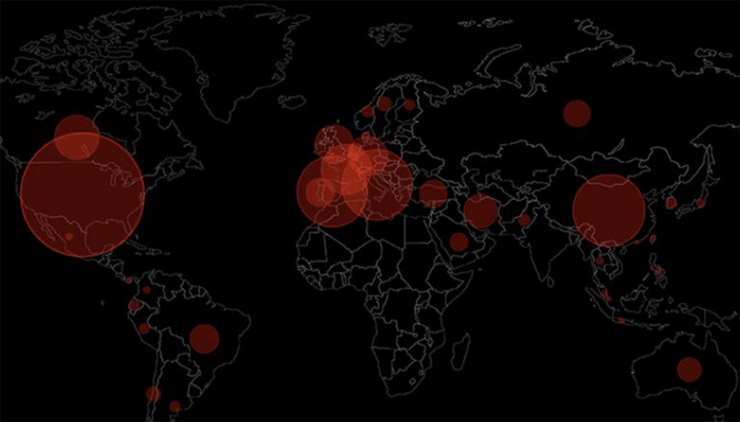
In any given year, we can expect a dynamic global risk landscape. Risks beget new risks, crises compound on one another, and our ever-connected world prompts organizations to closely monitor global events to anticipate how their business will be impacted. The nature of global risk commands not just forward-looking insights but an introspective review of what transpired in 2022 and how it can inform future risk management decisions.
Elsewhere on the Circuit

How did Russian woman whose family had links to the Kremlin get a role in an British security body? — www.dailymail.co.uk
A Russian woman whose family had links to the Kremlin was made a director of the Security Institute, which has close ties to Westminster.
Anastasia Spiridonova, 23, who speaks six languages and is described by several colleagues as ‘exceptionally charming’, is connected to the Putin regime through members of her family. Her grandfather was an MP in Putin’s United Russia party, while her mother Marina worked at the Kremlin in a department running resort hotels and presidential retreats around Russia.
Meanwhile, Ms Spiridonova’s father, Grigory Bryukhov, was once president of Intourist, the privatised successor of the giant Soviet travel agency that was notoriously riddled with KGB spies.
After spending her early years in Moscow, Ms Spiridonova moved to the UK. She was educated at £40,000-a-year Sevenoaks School in Kent and studied modern languages at Stanford University in the US.
She eventually got a job with a detective firm and then joined the Security Institute, but she eventually agreed to step down in June after less than two months.
Final Thoughts with Lindsay Whyte
1️⃣ Qualifying-out threats as important as qualifying-in:
As an industry, close protection is (traditionally) driven by human resources. It’s just as operationally disruptive to judge a low threat as a high threat, as it is a HIGH threat as a LOW one.
2️⃣ More career development resources needed:
A lot of new operators only get guidance from training providers. As a result, job hunting support for new CPOs out of training is minimal. These conferences should add a ‘job fair’ series.
3️⃣ Relationships are everything:
Close Protection is by definition life or death. Building genuine, trusted relationships with the community is the only (rightly so) channel to success. Caring on a human level for your associates will translate to them knowing you’ll care on a human level for their Principal/Client.
4️⃣ Be tomorrow’s CPO, not today’s:
For ex-military or young newbies, there’s a temptation that if you follow rules and check boxes, jobs will appear at the door. The reality is, on top of existing market competition, there’s preferences for emotional/childcare skillsets, digital security, estate management skills, and beyond.
Until next week...
If you found this issue of the On the Circuit newsletter useful, please forward it to a friend or colleague who’d also enjoy it.
Here's a handy message you can use to share with your friends:
Hey! Have you read On the Circuit? It’s a newsletter for Protectors -- Each week you'll receive an email giving you the low-down on what's happening across the industry. Sign up here, it’s free: https://www.getrevue.co/profile/circuit-magazine
On the Circuit has you covered when you're busy covering others.



